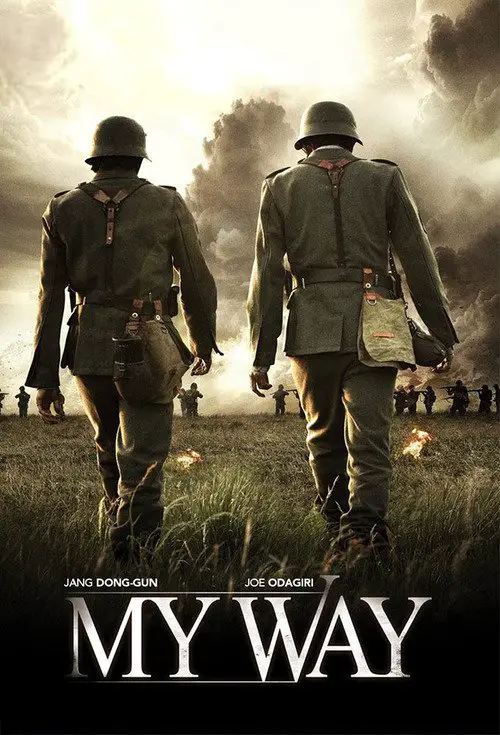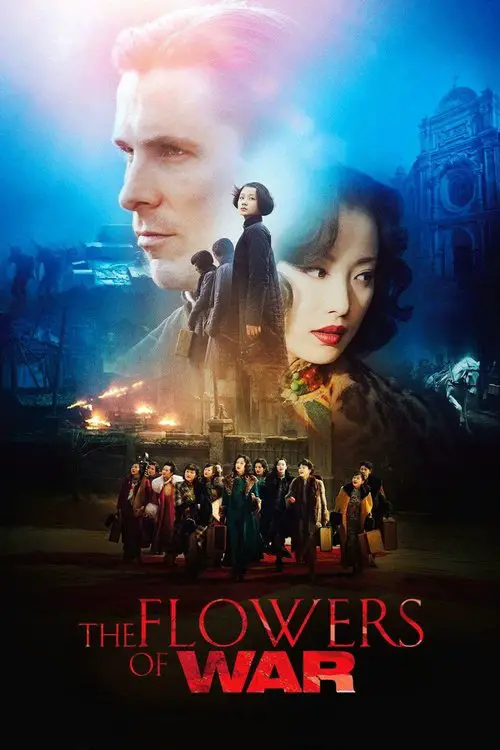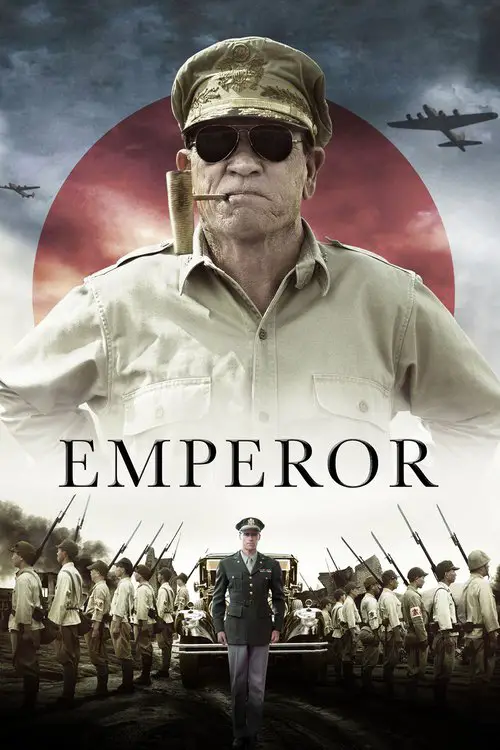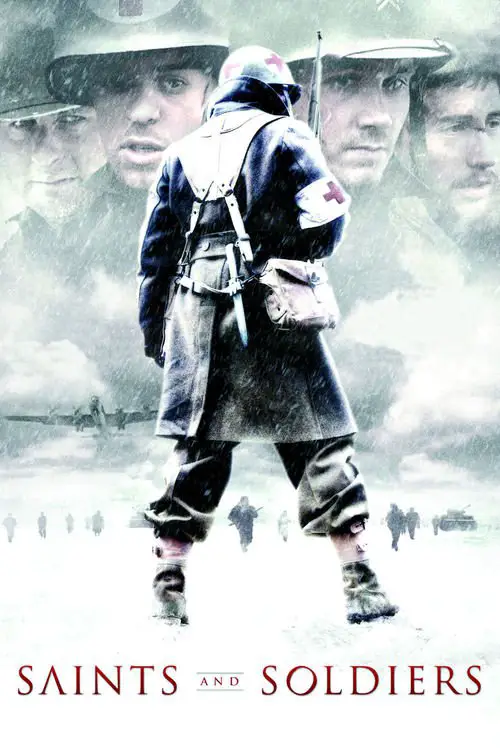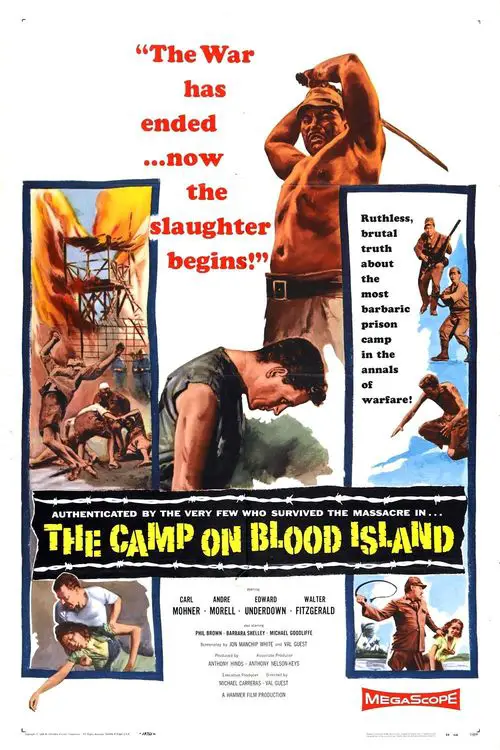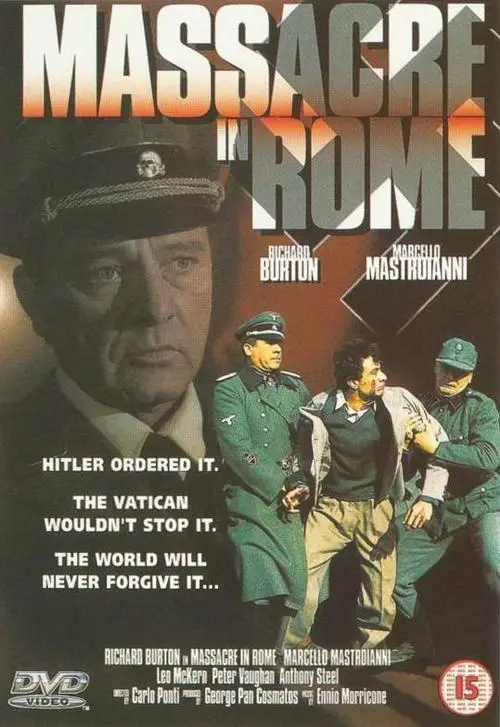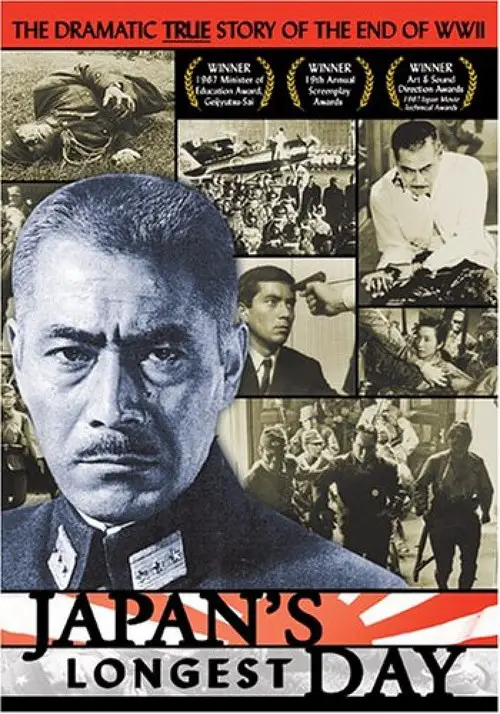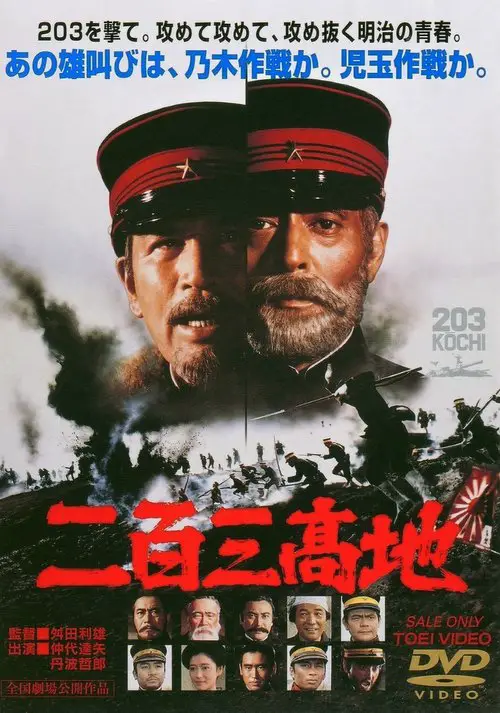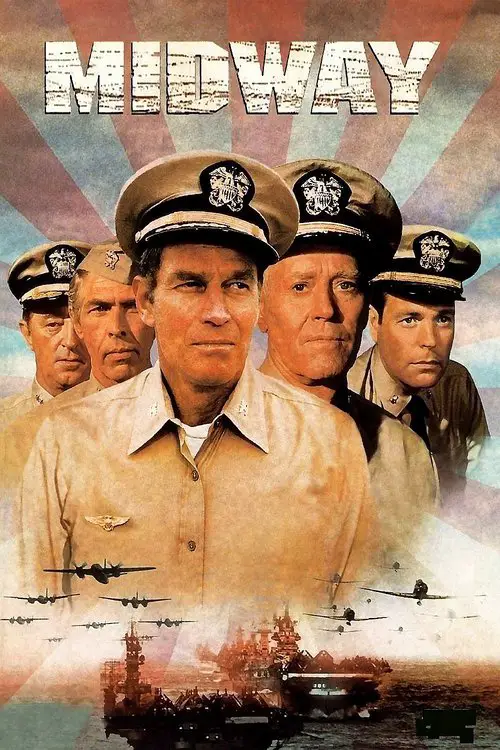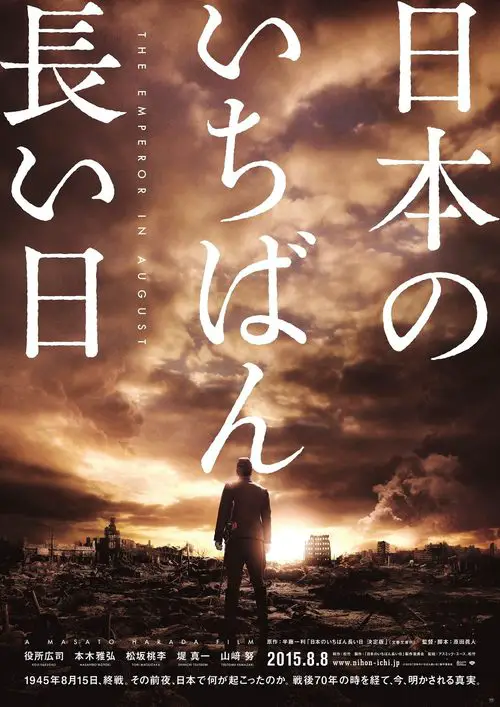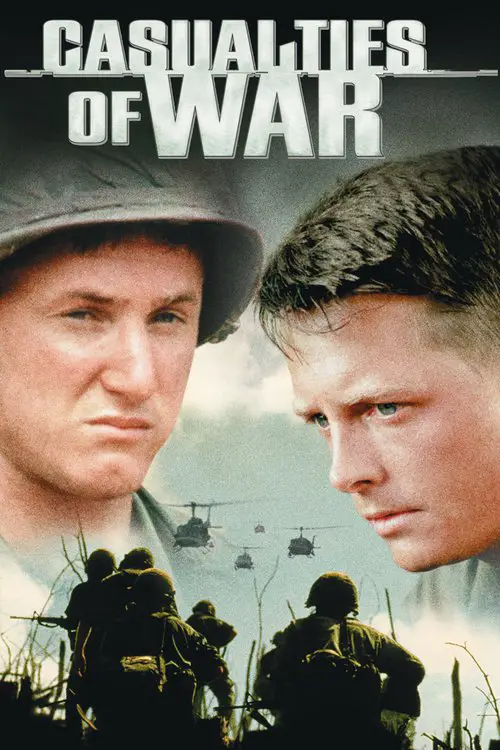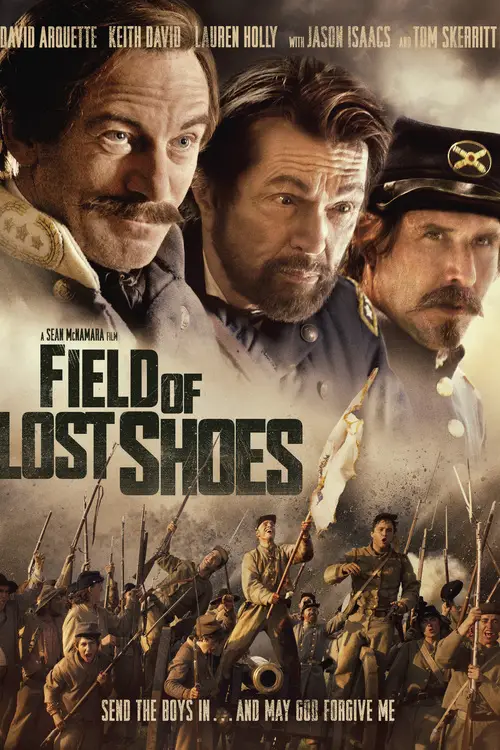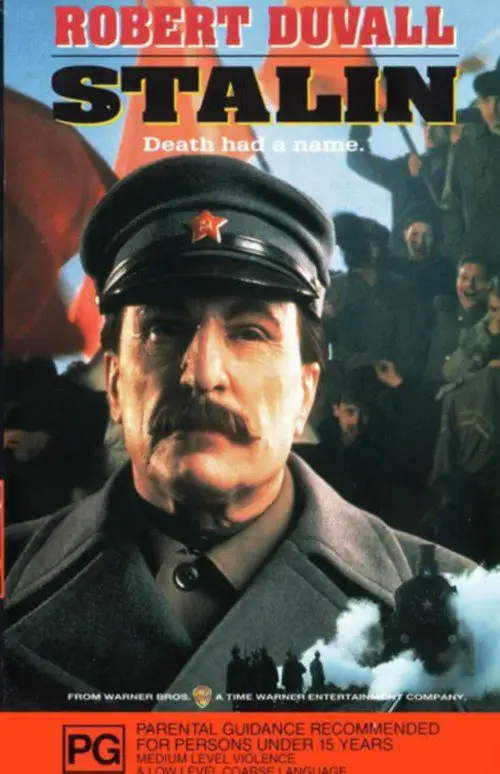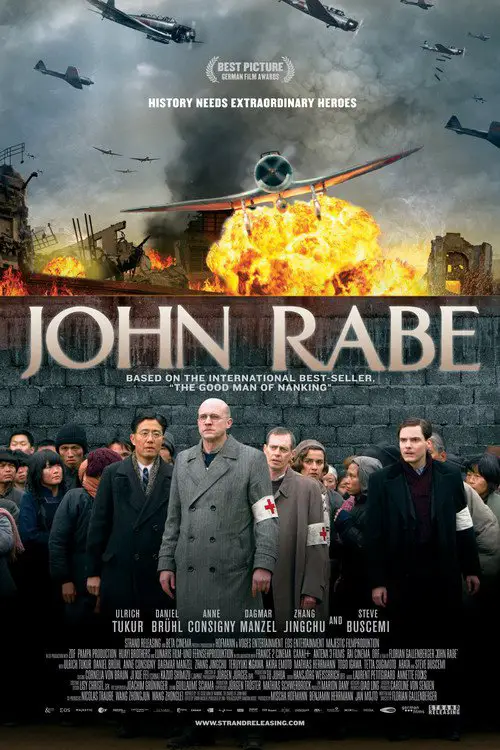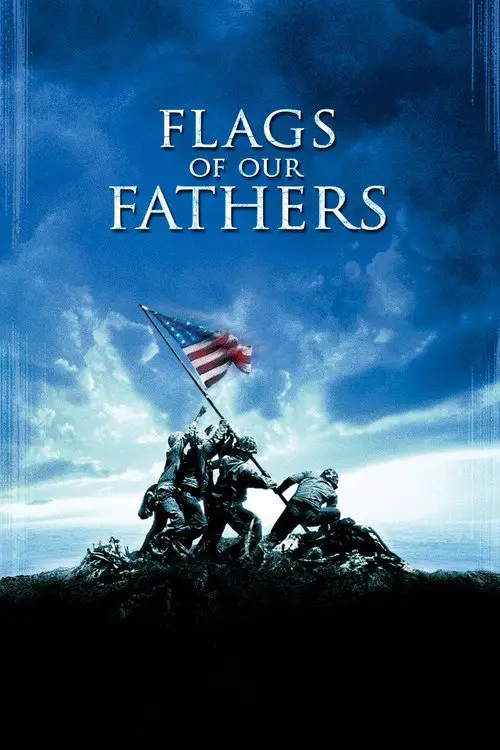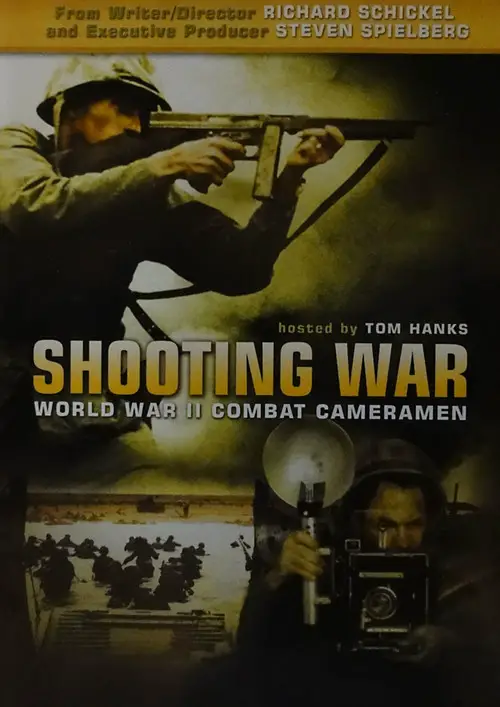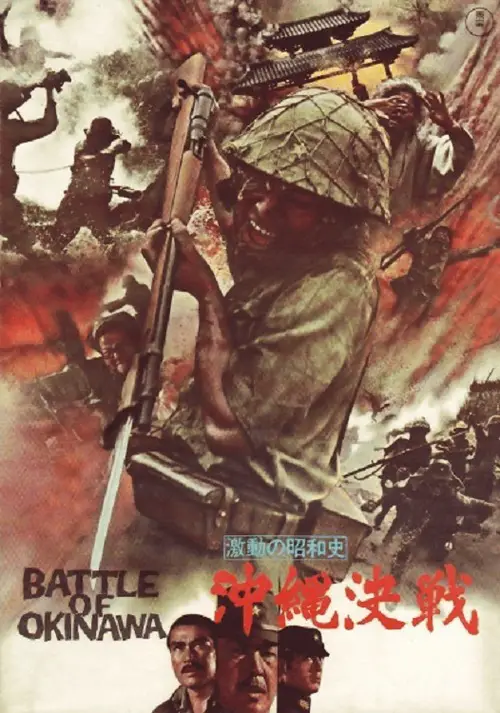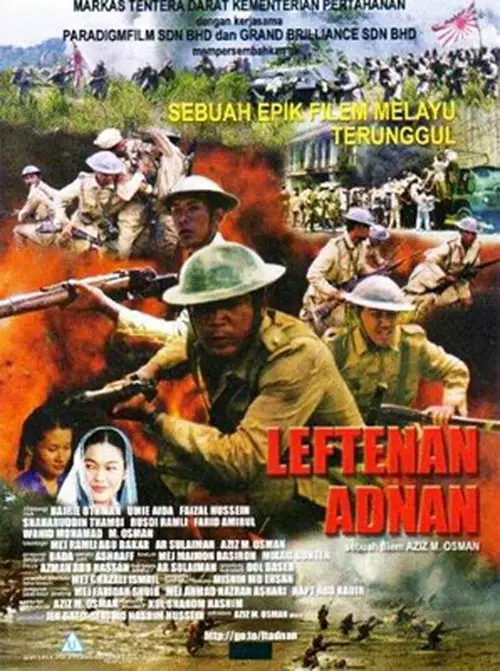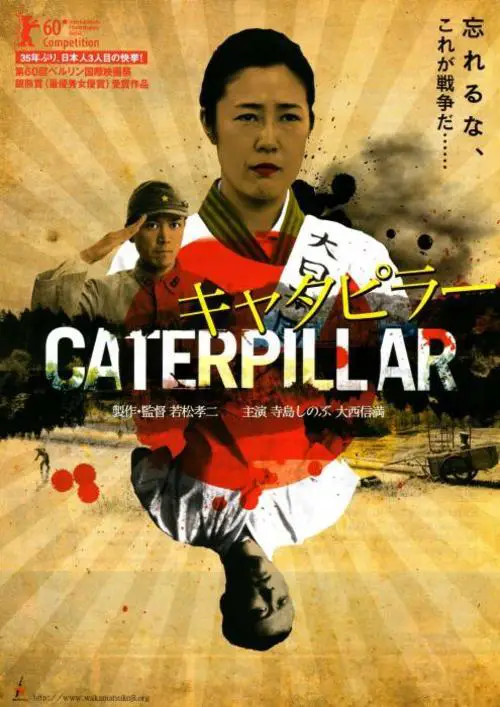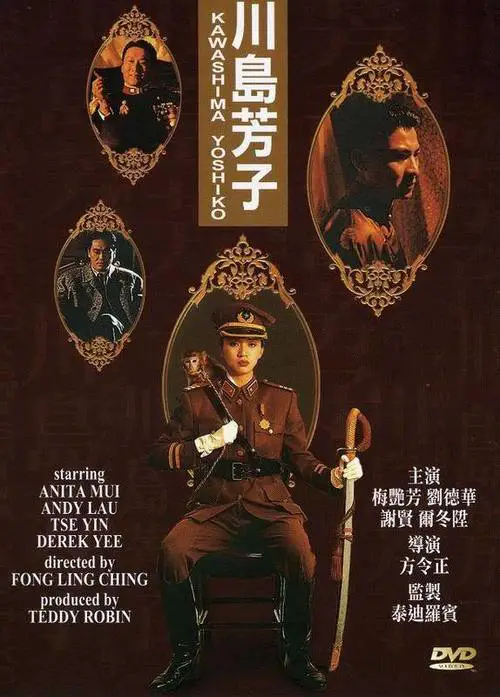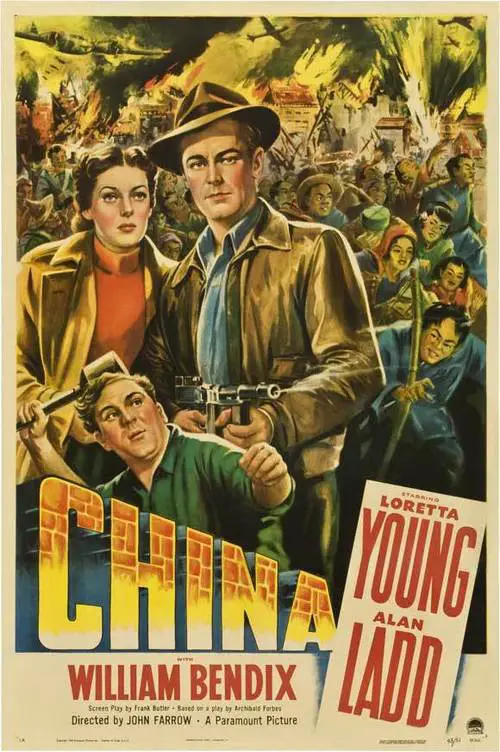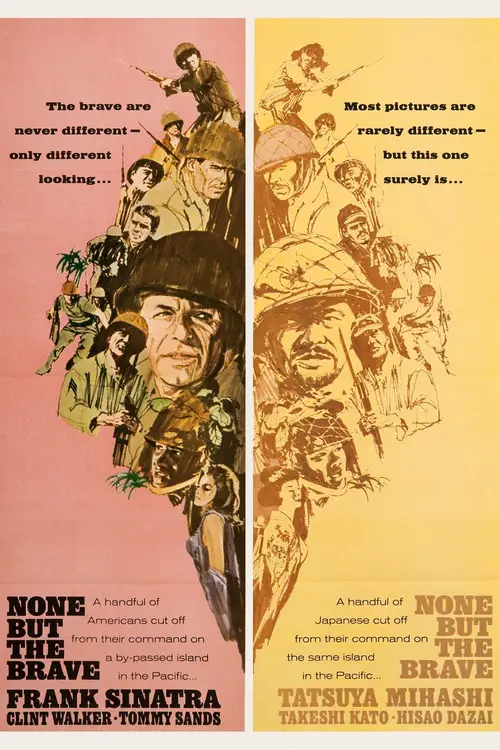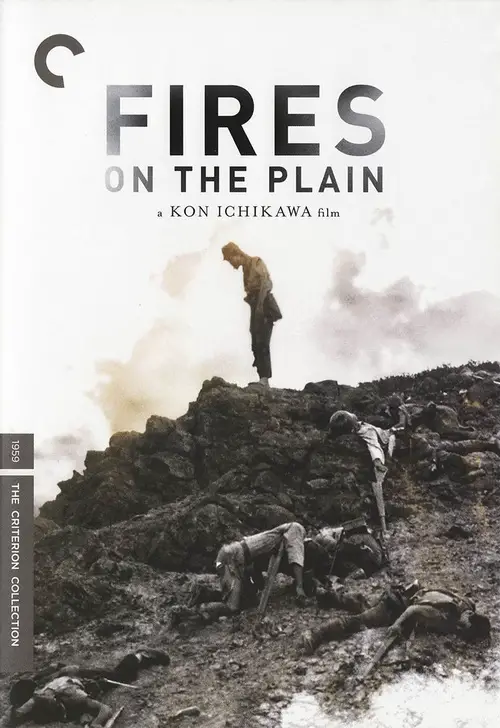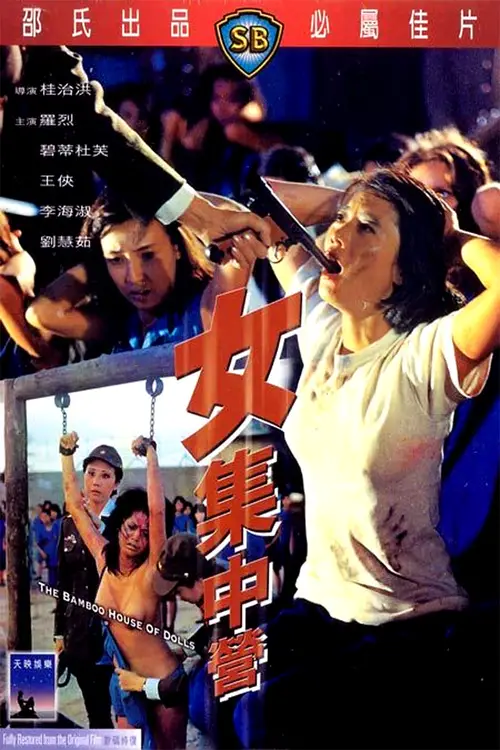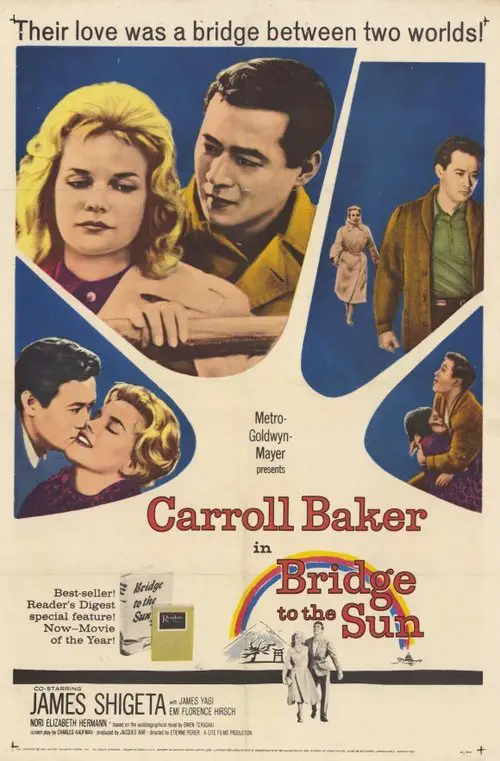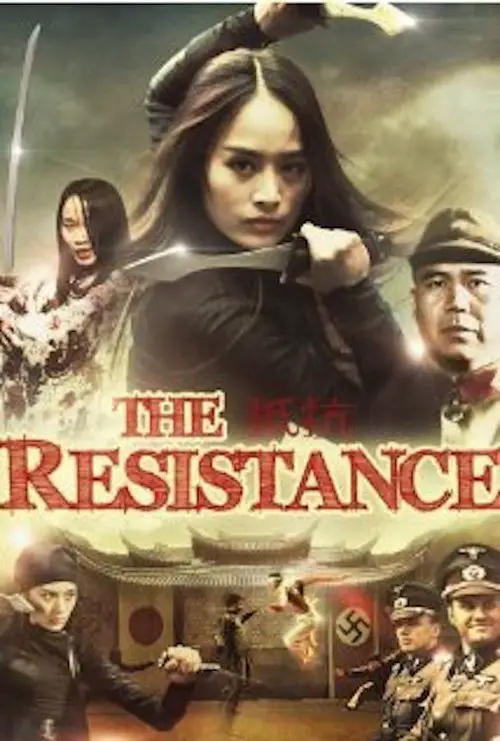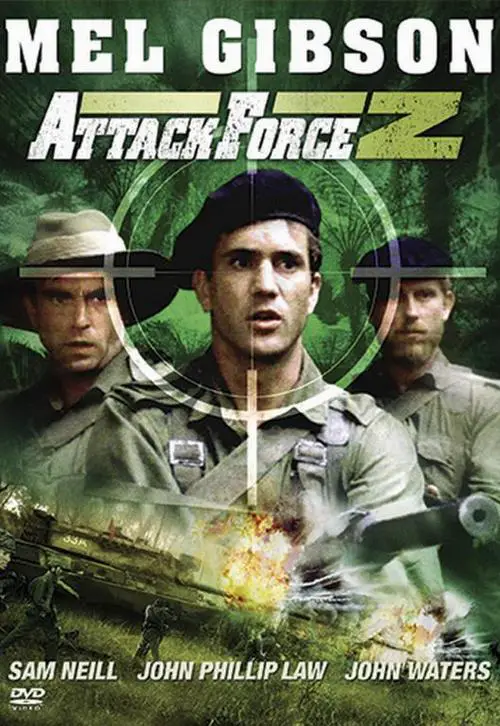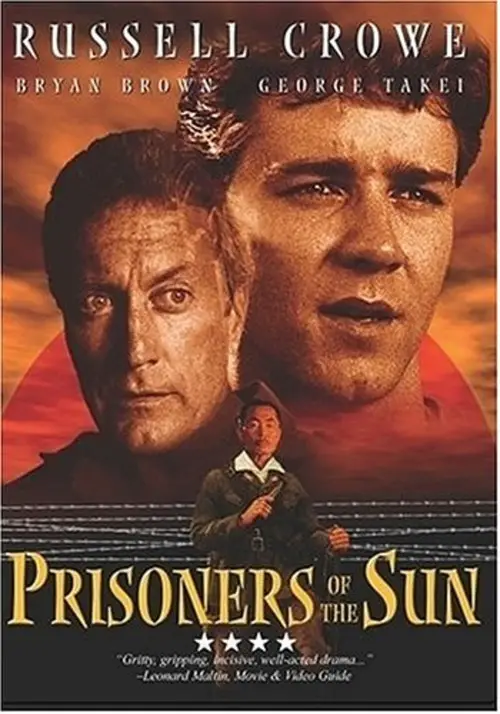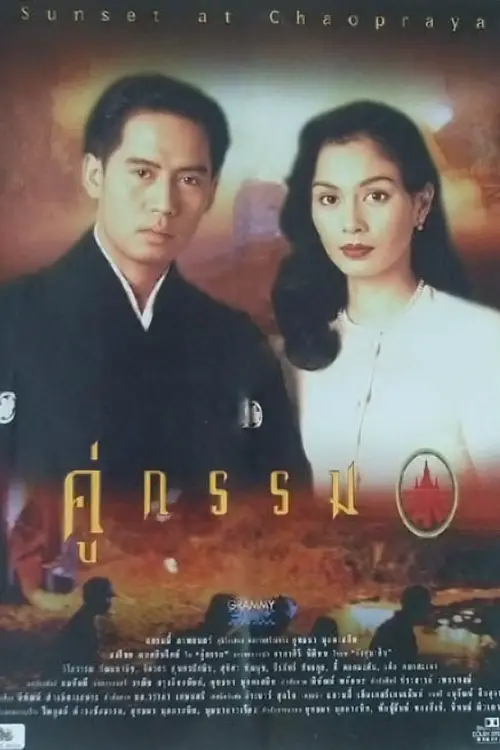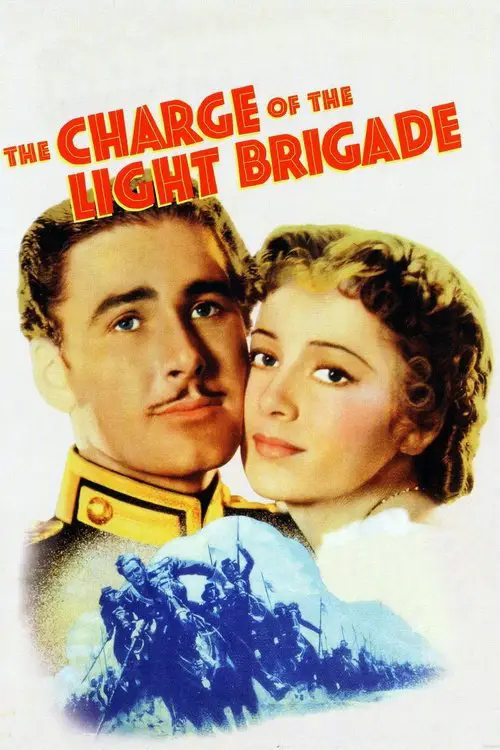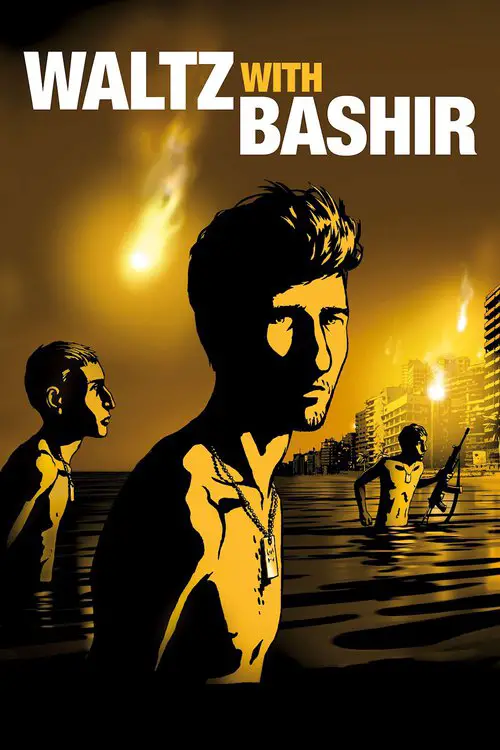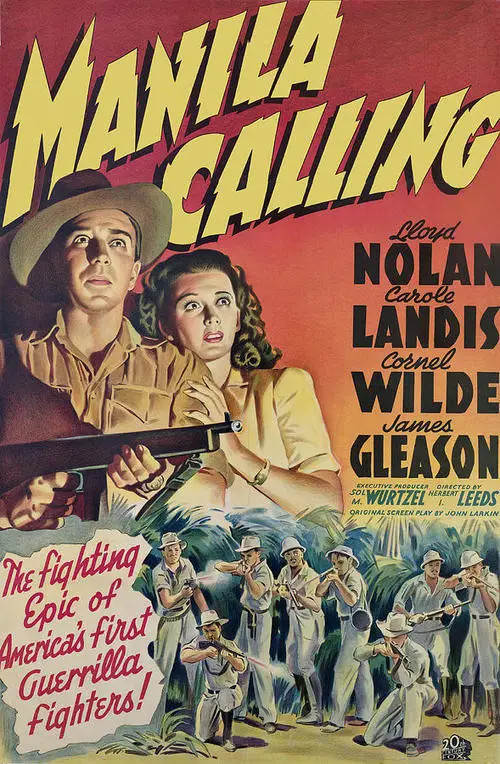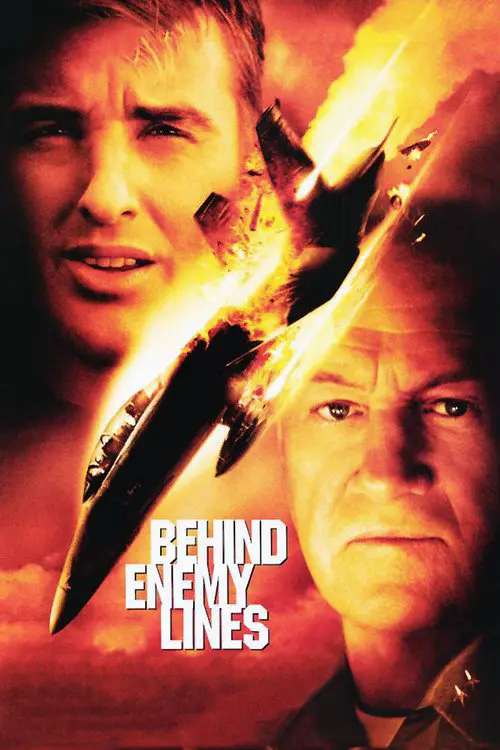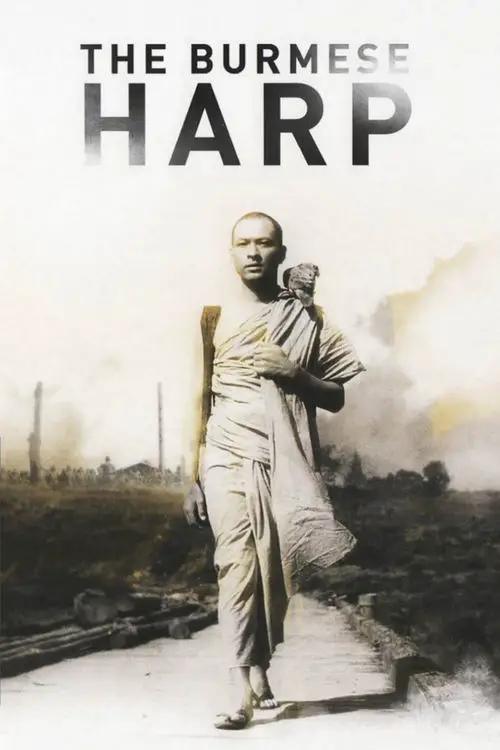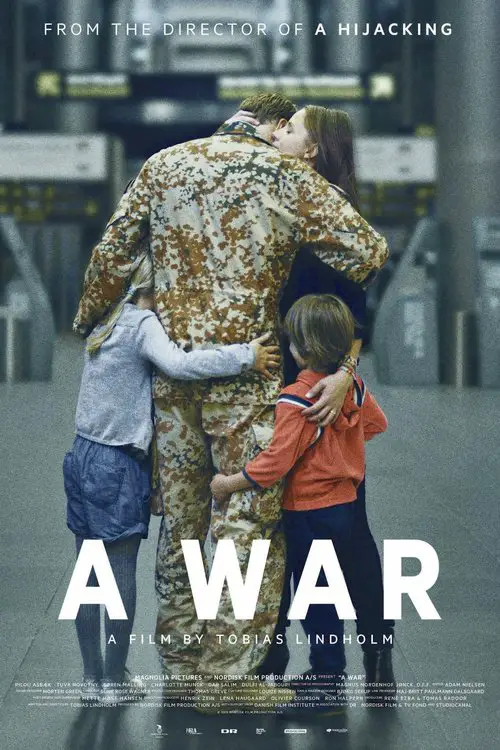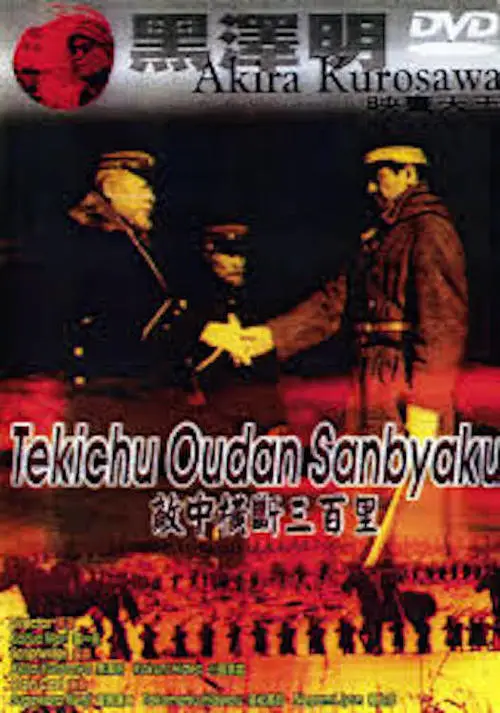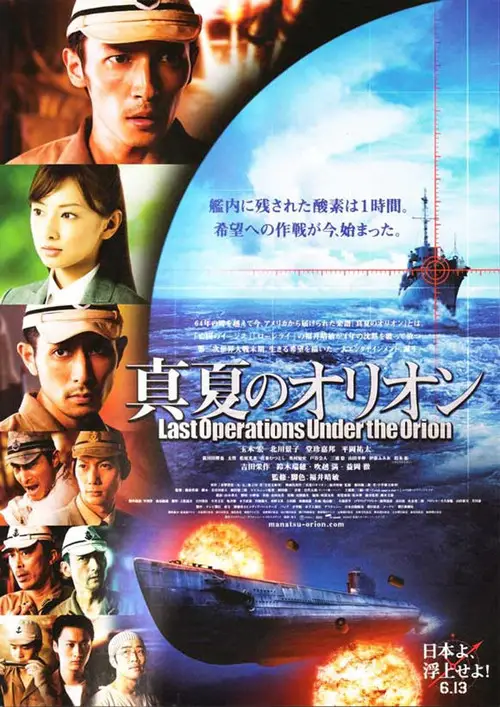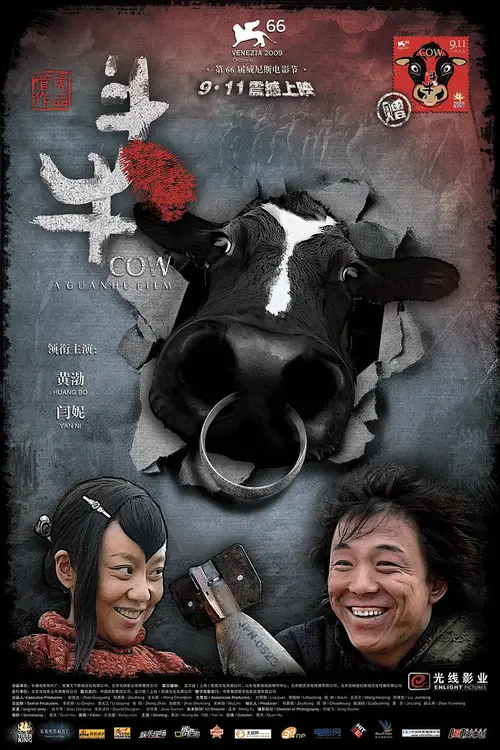City of Life and Death (2009)

Similar movies
Nathan Algren is an American hired to instruct the Japanese army in the ways of modern warfare -- in this lush epic set in the 1870s, which finds Algren learning to respect the samurai and the honorable principles that rule them. Pressed to destroy the samurai's way of life in the name of modernization and open trade, Algren decides to become an ultimate warrior himself and to fight for their right to exist.
Inspired by a true story. Jun Shik works for Tatsuo's grandfather's farm while Korea is colonized by Japan, but he has a dream to participate in Tokyo Olympics as a marathon runner. Tatsuo also aims to become a marathon runner, so the two are in rivalry. But war breaks out and they both are forced to enlist in the army. Tatsuo becomes the head of defense in Jun Shik's unit and he devises a scheme but fails. Jun Shik and Tatsuo are captured by the Soviets. They run away but soon are captured by Germans and forced to separate. In 1944, they meet again at the shores of Normandy.
Set in a Japanese prisoner of war camp during World War II, the film focuses on the brutality and horror that the allied prisoners were exposed to as the Japanese metered out subjugation and punishment to a disgraced and defeated enemy. This harrowing drama concentrates on the deviations of legal and moral definitions when two opposing cultures clash. Although fictional, this was one of the earliest films to deal realistically with life and death in a Japanese prisoner-of-war camp during the Second War.
The invasion of a village in Byelorussia by German forces sends young Florya (Alexei Kravchenko) into the forest to join the weary Resistance fighters, against his family's wishes. There he meets a girl, Glasha (Olga Mironova), who accompanies him back to his village. On returning home, Florya finds his family and fellow peasants massacred. His continued survival amidst the brutal debris of war becomes increasingly nightmarish, a battle between despair and hope.
During the Boer War, three Australian lieutenants are on trial for shooting Boer prisoners. Though they acted under orders, they are being used as scapegoats by the General Staff, who hopes to distance themselves from the irregular practices of the war. The trial does not progress as smoothly as expected by the General Staff, as the defence puts up a strong fight in the courtroom.
A classic story of English POWs in Burma forced to build a bridge to aid the war effort of their Japanese captors. British and American intelligence officers conspire to blow up the structure, but Col. Nicholson , the commander who supervised the bridge's construction, has acquired a sense of pride in his creation and tries to foil their plans.
Following the detonation of the atomic bombs on Hiroshima and Nagasaki, the Japanese military and the government clash over the demand from the Allies for unconditional surrender. Minister of the Army Anami leads the military officers who propose to fight on, even to the death of every Japanese citizen. Emperor Hirohito, however, joins with his ministers in asking the unthinkable, the peaceful surrender of Japan. When the military plots a coup to overthrow the Emperor's civilian government, Anami must face the choice between his desires and loyalty to his Emperor.
A sprawling war film, Midway stars nearly every actor who wasn't in A Bridge Too Far. Charlton Heston, Toshirô Mifune, Robert Mitchum and Henry Fonda are among the familiar faces depicting the American and Japanese forces in a naval battle that became the turning point of the Pacific war. Using some real wartime footage, Midway provides an exciting view of a gigantic battle.
PÅÃbÄh Lidic, je pÅÃbÄhem obyÄejných lidÃ, kteÅà se absurdnà shodou náhod pÅipletli do cesty dÄjinám. Film pÅibližuje osudy obyvatel Lidic skrz mezilidské vztahy, a to zejména lásku, která stojà na zaÄátku celého pÅÃbÄhu. Rok 1942 â nÄmecká propaganda úzkostlivÄ tajà genocidu páchanou na civilnÃm obyvatelstvu. Po atentátu na druhého muže tÅetà ÅÃÅ¡e Reinharda Heydricha vÅ¡ak udÄlá výjimku. Po vypálenà malé Äeské vesnice Lidice, vÅ¡e vyhlásà do svÄta. Jako záminka k vypálenà obce staÄà jeden milostný dopis. V dobÄ svého tragického konce, v Äervnu 1942, mÄly Lidice za sebou dÄjiny trvajÃcà nejménÄ Å¡est staletÃ. Nacisté chladnÄ popravili vÅ¡echny lidické muže, ženy a dÄti nechali pÅevézt do koncentraÄnÃho tábora. NÄkteré dÄti dali na pÅevýchovu. Celková bilance â 192 popravených mužů, 58 žen zemÅelo v koncentraÄnÃch táborech a 88 dÄtà bylo posláno do plynu. Obec Lidice byla vymazána z map a srovnána se zemÃ. Výpravný velkofilm Lidice je natoÄen podle skuteÄné události.
In July 1945, during the end of World War II, Japan is forced to accept the Potsdam Declaration. A cabinet meeting has continued through days and nights, but a decision cannot be made. The U.S. drops atomic bombs on the cities of Hiroshima and Nagasaki, Japan. General Korechika Anami is torn over making the proper decision and the Emperor of Japan worries about his people. Prime Minister Kantaro Suzuki leads the cabinet meeting, while Chief Secretary Hisatsune Sakomizu can't do anything, but watch the meeting. At this time, Major Kenji Hatanaka and other young commissioned officers, who are against Japan surrendering, move to occupy the palace and a radio broadcasting station. The radio station is set to broadcast Emperor Hirohito reading out the Imperial Rescript on the Termination of the War.
A group of German boys are ordered to protect a small bridge in their home village during the waning months of the second world war. Truckloads of defeated, cynical Wehrmacht soldiers flee the approaching American troops, but the boys, full of enthusiasm for the "blood and honor" Nazi ideology, stay to defend the useless bridge.
There were five Marines and one Navy Corpsman photographed raising the U.S. flag on Mt. Suribachi by Joe Rosenthal on February 23, 1945. "Flags of Our Fathers" is the story of three of the six surviving servicemen, John "Doc" Bradley (Ryan Phillippe), Pvt. Rene Gagnon (Jesse Bradford), and Pvt. Ira Hayes (Adam Beach), who fought in the battle to take Iwo Jima. "Flags of Our Fathers" is the American viewpoint of Eastwood's diptych on the battle of Iwo Jima, the other being "Letters From Iwo Jima", which tells the same story from the Japanse point of view.
The film is a graphic depiction of the war atrocities committed by the Japanese at Unit 731, the secret biological weapons experimentation unit of the Imperial Japanese Army during World War II. The film details the various cruel medical experiments Unit 731 inflicted upon the Chinese and Soviet prisoners at the tail-end of the war.
A remarkable film that takes a special look at the first war to be truly reported and recorded by one of the more unsung heroes of World War II: the combat photographer. Through the unflinching eye of their camera's lenses, these courageous soldiers continually risked their lives in their brave attempts to capture history.
The Americans are swiftly closing on Okinawa, an island just south of the Japanese mainland. The Imperial command sends top generals and several army divisions to defend it at all costs. The mission quickly degenerates as vital resources and troops are diverted to other islands. After a civilian evacuation ends in tragedy most of non-combatants are forced to remain on the island. Many convert to soldier status. Tokyo sends mixed messages that squander time and resources, as when they order the defenders to build an airstrip for aircraft that never come. The truth soon becomes obvious: the high command decides that the island cannot be held and effectively abandons the Okinawan defenders. When the Americans land many troops are deployed in the wrong places. As the slaughter mounts, a suicidal attitude takes hold. Okinawa becomes a death trap, for civilian volunteers and non-combatants as well.
This is a film about a Malaysian soldier, Lt. Adnan, who gave his life in defending Malaya from the Japanese invasion during World War II. It exemplifies an example of the patriotic spirit that should be in every Malaysian. Lt. Adnan was a courageous individual who was willing to give everything, including his life, for the people and nation. He also succeeded in destroying the widely held myth that Malays were good only as rebels and pirates. He believed that no matter what, as a patriotic citizen, one had to fight until the last drop of blood to defend the nation.
An old leper who owned a remote sorghum winery dies. Jiu'er, the wife bought by the leper, and her lover, identified only as "my Grandpa" by the narrator, take over the winery and set up an idealized quasi-matriarchal community headed by Jiu'er. When the Japanese invaders subject the area to their rule and cut down the sorghum to make way for a road, the community rises up and resists as the sorghum grows anew.
During the Japanese occupation of China, two prisoners are dumped in a peasant's home in a small town. The owner is bullied into keeping the prisoners until the next New Year, at which time they will be collected. The village leaders convene to interrogate the prisoners. The townspeople then struggle to accommodate the prisoners. One is a bellicose Japanese nationalist, the other a nervous translator. Will the townspeople manage to keep the prisoners until the New Year?
During the Second Sino-Japanese War, in 1940, Lieutenant Kurokawa returns home as a honored and decorated soldier but deprived of his arms and legs lost in battle. All hopes, from the villagers and women to close family members, turn to Shigeko, the Lieutenant's wife. She must honor the Emperor and the country in setting an example for all by fulfilling her duty and taking care of the 'god soldier'. Kurokawa prior to leaving to fight in the war regularly beat and berated his wife for her barrenness and inability to bring him a son. When he returns home as an amputee with no hearing and no speech, his wife dutifully attends to him, even though he shows little appreciation for her dedicated care. His main concerns are getting fed and getting sex. Even in his own degraded condition, he manages to berate his wife. Eventually, though, his own memories infiltrate and he is haunted by his horrible, sadistic deeds, performed while in the duty of the Japanese military.
Kawashima Yoshiko was originally the 14th daughter of Emperor Xu. She was sent to Japan to train in the ways of the Samurai but lost her virginity to Samurai. She then married a Mongolian prince and set her mind to fight for the independence of Mongolia but the marriage failed. Arriving Shanghai, she met an opera singer Wan Hoi. Because of her beauty and background, she achieved a great deal, including successfully smuggled a Queen, Yuen Yung and helped Pu Yi to establish Manchuria. Unexpectedly, she met up again with Wan Hoi, who was the number one singer at that time but also part of the rebel force, and tried to unsuccessfully assassinate Yu-Yeh resulting in his own death. Yoshiko saved him but he could not be bought, so she set him free without Japanese' permission. The Japanese were dissatisfied and eventually she was exiled back to Japan. She later returned to China. However, because of the lost of Japan, she got arrested and executed. (Joy Sales)
Shortly before Pearl Harbor, American opportunist Jones and partner Johnny are in China to sell oil to the invading Japanese army. Cynical about the sufferings of the Chinese, Jones meets compassionate teacher Carolyn Grant while travelling cross-country to Shanghai. Sparks fly between these strong-willed characters, neither budging an inch. But when Jones witnesses a Japanese atrocity, his feelings toward his customers (and Carolyn) begin to change...
American and Japanese soldiers, stranded on a tiny Pacific island during World War II, must make a temporary truce and cooperate to survive various tribulations. Told through the eyes of the American and Japanese unit commanders, who must deal with an atmosphere of growing distrust and tension between their men.
An agonizing portrait of desperate Japanese soldiers stranded in a strange land during World War II, Kon Ichikawaâs Fires on the Plain is a compelling descent into psychological and physical oblivion. Denied hospital treatment for tuberculosis and cast off into the unknown, Private Tamura treks across an unfamiliar Philippine landscape, encountering an increasingly debased cross section of Imperial Army soldiers, who eventually give in to the most terrifying craving of all. Grisly yet poetic, Fires on the Plain is one of the most powerful works from one of Japanese cinemaâs most versatile filmmakers.
In 1937, Japan began their invasion of China by murdering over 300,000 people in the capital of Nanjing. The atrocities committed against women and their daughters are especially barbaric. One of them is Xiaoyun, a peasant girl who fights with the Chinese resistance group. On her way to freedom she must fight against Japanese soldiers, ninjas, a killer geisha, Nazis, and the evil General of the Japanese imperial army.
Tim Burstall directs then-up-and-comers Mel Gibson and Sam Neill in this action-packed Cannes Film Festival selection about the grim realities of World War II, a gritty drama based on actual events. Sent to rescue survivors from the site of a plane crash in the South Pacific, Capt. P.G. Kelly (Gibson) and his elite squad of Australian commandos must keep tabs on a defecting Japanese official who could hold the secret to peace.
On an obscure Pacific Island just north of Australia, the Japanese Empire has operated a prisoner of war camp for Australian soldiers. At the close of World War II, the liberated POWs tell a gruesome tale of mass executions of over eight hundred persons as well as torture style killings of downed Australian airmen. In an attempt to bring those responsible to justice, the Australian Army establishes a War Crimes Tribunal to pass judgement on the Japanese men and officers who ran the Ambon camp. In an added twist, a high ranking Japanese admiral is implicated, and politics become involoved with justice as American authorities in Japan lobby for the Admiral's release. Written by Anthony Hughes
It's 1939 in Siam. The Japanese are threatening invasion and the Free Thai movement is gaining momentum. Angsumalin, the beautiful daughter of a military leader, says good-bye to her friend Vanus, who is going to England to study. She won't promise to marry him, but will give him an answer when he returns. The Japanese invade, and circumstances bring Angsumalin together with Kobori, an idealistic Japanese captain, who is also related to a powerful Japanese general. Although she despises Kobori, she agrees to marry him for political purposes to protect her father and the Free Thai movement. In 1944, Vanus returns and the conflicting rivalries and emotions come to a head.
In the summer of 1941, the United States and Japan seem on the brink of war after constant embargos and failed diplomacy come to no end. "Tora! Tora! Tora!", named after the code words use by the lead Japanese pilot to indicate they had surprised the Americans, covers the days leading up to the attack on Pearl Harbor, which plunged America into the Second World War.
Much awarded animated documentary, in which director and Israeli army veteran Ari Folman interviews friends and former soldiers about their memories of the 1982 Lebanon war and especially the Sabra and Shatila massacre in Beirut. The usage on animation enabled Folman to illustrate their personal memories and dreams.
While flying a routine reconnaissance mission over Bosnia, fighter pilot Chris Burnett photographs something he wasn't supposed to see and gets shot down behind enemy lines, where he must outrun an army led by a ruthless Serbian general. With time running out and a deadly tracker on his trail, Burnett's commanding officer decides to risk his career and launch a renegade rescue mission to save his life.
Company commander Claus Michael Pedersen and his men are stationed in Helmand, Afghanistan. Meanwhile back in Denmark, with a husband at war and three children missing their father, everyday life is a struggle for Claus' wife Maria. During a routine mission, the soldiers are caught in heavy Taliban crossfire. In order to save his men, Claus makes a decision that ultimately sees him return to Denmark accused of a war crime.
© Valossa 2015–2026
| Privacy Policy


